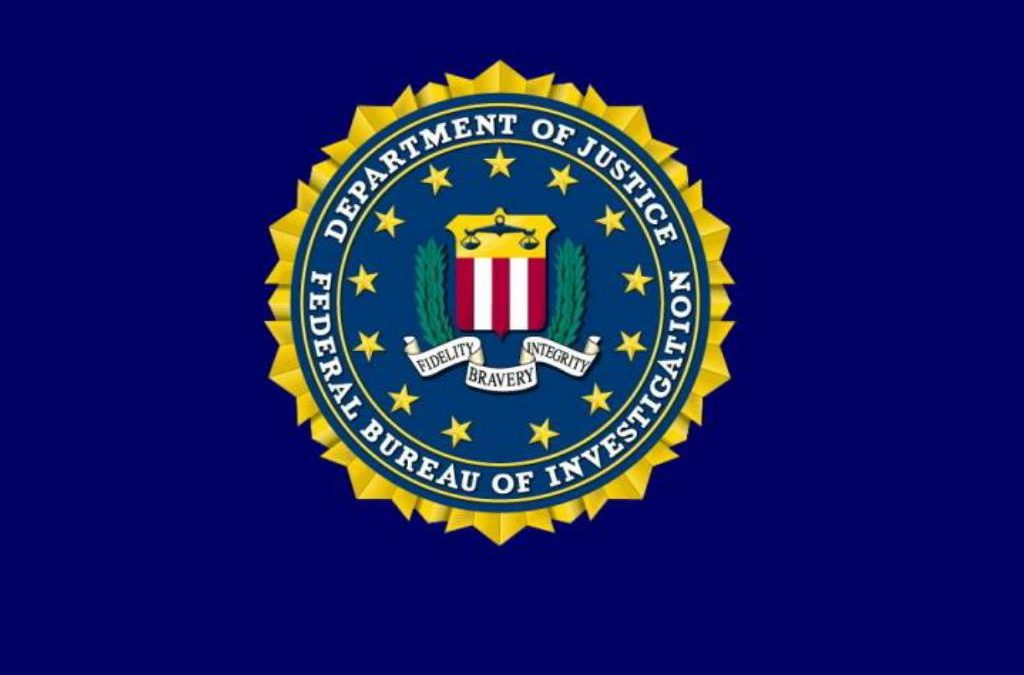Overview of the FBI Behavioural Science Unit
The Federal Bureau of Investigation (FBI) moved the National Training Academy from Washington DC to Quantico in 1972 and named it the Behavioural Science Unit in response to a rising number of sexual assaults and homicides. From the mid 1970’s Special Agents John E. Douglas and Robert Ressler began to compile a centralized database on serial offenders. These agents set out to gather information from serial rapists and killers on their motives, planning, details of their crimes, and how they disposed of evidence. They travelled around America and interviewed 36 serial offenders in depth.
Ressler and Douglas created the terms ‘Organised’ and ‘Disorganised’ to categorise violent serial criminals. They outlined a range of characteristics of those who carried out each crime type were likely to possess.
They suggested the crime scene of Organised offender’s showed obvious signs of planning; weapons taken to scene; control used at crime scene; targeted attacks; little evidence left behind. They suggested that these individuals are likely to be intelligent (possibly an under achiever); socially skilled; sexually competent; living with a partner. They are likely to have a mask of normality hiding antisocial or psychopathic personality. The Organised offender is possibly experiencing a great deal of anger at time of killing and suffering depression. They are also likely to follow news reports of the crime and leave the area following the attack.
In contrast, the Disorganised offender showed little or no preparation; showed random unplanned disorganised behaviour; used whatever was on hand as a weapon; left the weapon at the crime scene; little attempt to conceal evidence. These individuals are likely to live alone; live near crime scene; socially and sexually incompetent; low intelligence; sever mental illness; likely to have suffered physical or sexual abuse at a young age; frightened or confused when crime committed.
Ressler is credited with coining the term “serial killer” in the year 1974. This came about when Ressler heard an officer describing crimes occurring as a series. Ressler recalled that the movie industry referred to short films on a particular subject as ‘serial adventures’. These series of films never had a satisfactory conclusion and always ended on a cliff-hanger and built tension. Just as these films built tension, each crime in an offender’s series increased the criminal’s tensions and never satisfied the criminals fantasies.
In 1984, the Behavioural Science Unit (BSU) also created the Behavioural Science Investigative Support Unit (BCISU). The BSU is responsible for training cadets in behavioural science while the BSISU is responsible for in-field investigation and consultations. This was later replaced by The National Centre for the Analysis of Violent Crime (NCAVC) and continues to give investigative and operational support, in regards to research and training, to federal, state, local, and international law enforcement agencies which are conducting investigations of unusual or repetitive violent crimes, terrorism, and other serious crimes.
The Behavioural Science Unit remains a part of the FBI Academy under the official name of Behavioural Research and Instruction Unit.


Trackbacks/Pingbacks